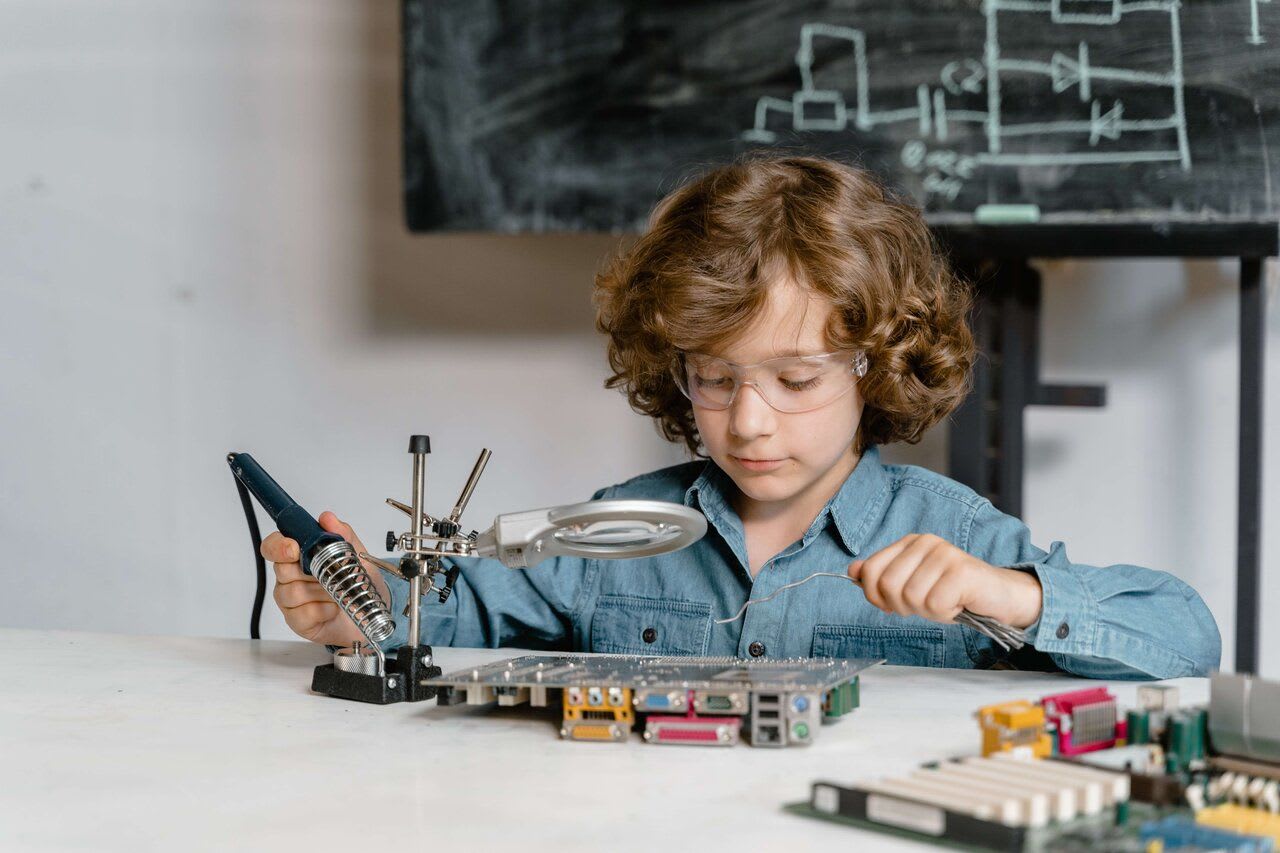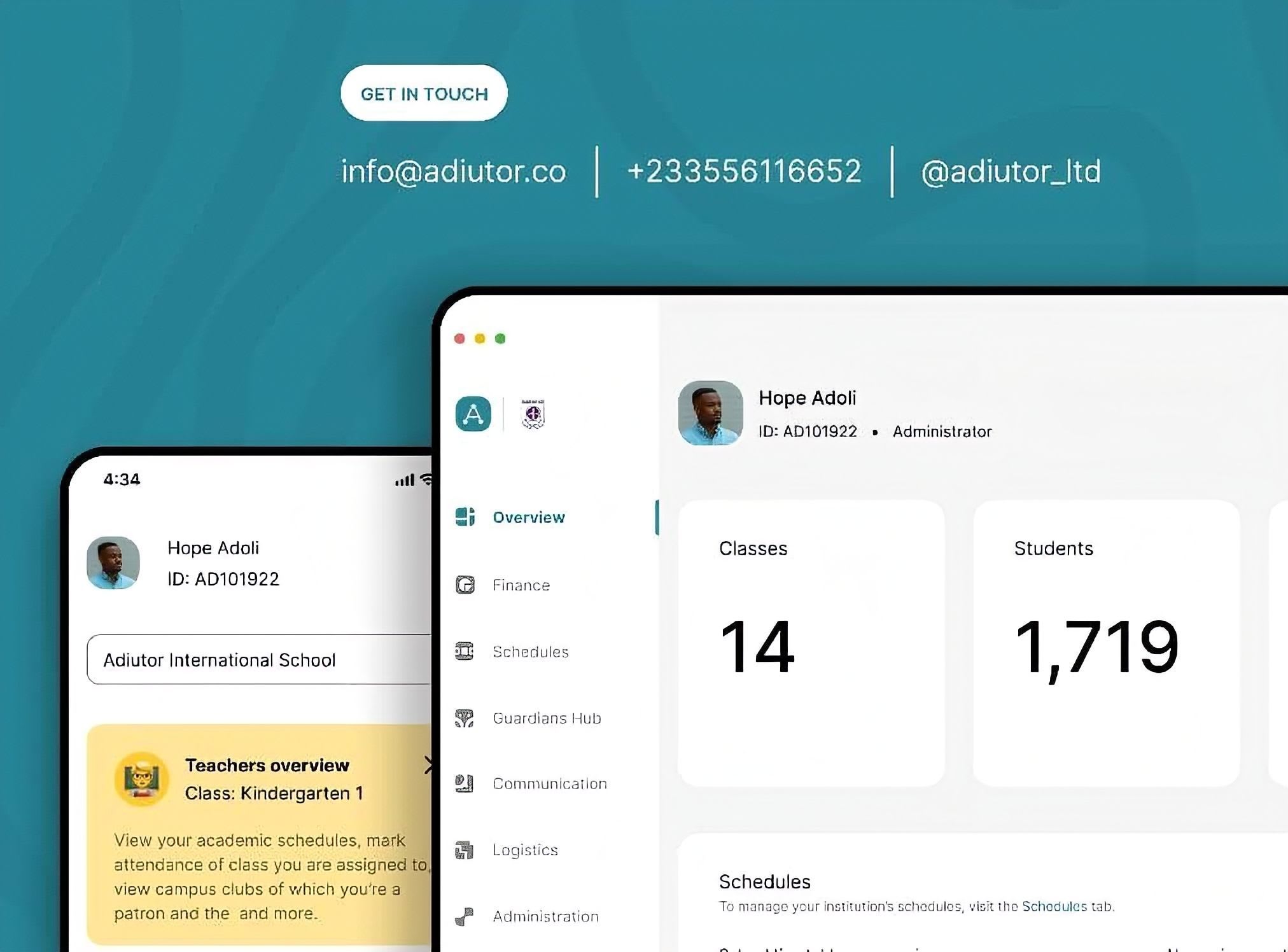What is Experiential Learning Theory? 4 Benefits of experiential learning in the classroom
Experiential learning theory is a theory that states that people learn best by doing. The theory postulates that there are four stages of learning: concrete experience, reflective observation, abstract conceptualization, and active experimentation.

Experiential learning theory is a theory that states that people learn best by doing. This means that people learn best when they are actively engaged in an activity, rather than passively listening to a lecture. Experiential learning is often used in education and training programs to help people learn new skills.
💡 Lessons learnt: Good judgement comes from experience.
Kolb's Experiential Learning Theory: The History and Model of Experiential Learning
Experiential learning theory was developed by David A. Kolb and is based on the premise that knowledge comes from experience. The theory postulates that there are four stages of learning: concrete experience, reflective observation, abstract conceptualization, and active experimentation.
These four stages form a cycle whereby the learner moves through each stage in order to learn. The first stage of experiential learning is concrete experience. This is where the learner has a direct experience of something and learns from it. For example, if a child touches a hot stove, they will learn that it is hot and will avoid doing so in future. The second stage is reflective observation, where the learner looks back on their experience and thinks about what happened. They may reflect on what they did well and why it worked, or what they could have done better and how to improve for next time.
The third stage is abstract conceptualization, where the learner takes their observations and reflects on them to form concepts or theories about how things work. For example, after reflecting on their hot stove experience, the child may come up with the concept that heat makes things hot. The fourth stage is active experimentation, where the learner puts their concepts into practice to test them out. If the child's concept about heat is correct, then they will be able to avoid getting burned when they touch a hot stove again.
The Benefits of Experiential Learning: Why Try It?
For students, experiential learning can provide opportunities for hands-on involvement with new material, promoting deeper understanding and retention. Experiences also offer a chance to apply what has been learned in real-world contexts, giving students a greater sense of the relevance of their education. Research has shown that student engagement increases when they are given opportunities to be active participants in their own learning.
For educators, incorporating experiential learning into teaching can help create more dynamic and engaging classrooms. When done well, experiential activities can promote higher-order thinking skills such as analysis and synthesis. Educators who use experiential learning also report increased enthusiasm from their students. Since experiences can be tailored to meet the specific needs and interests of each class, this approach to instruction can help ensure that all students have an opportunity to learn in a way that is best suited for them.
Examples of Experiential Learning activities in the classroom
Some examples of applications of experiential learning theory in the classroom include:
- Field trips
- Reflection and journaling
- Science experiments
- Art projects
- Mock cities and trials
- Role-playing
- Interactive classroom games
- Internship opportunities
Experiential learning theory has been used to explain why people often remember things better when they have experienced them firsthand, rather than just hearing about them secondhand. When used thoughtfully and creatively, it has the potential to enhance student understanding significantly.

Adiutor
Adiutor means "helper" - we do just that, by taking a load of your school administration and helping you focus on what matters most: the kids.
